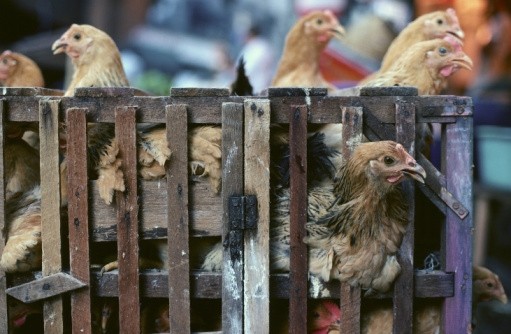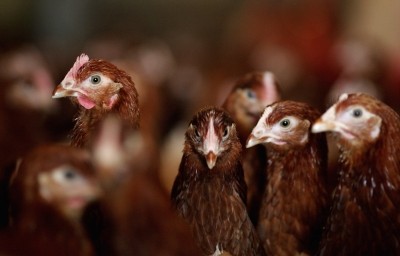China approves veterinary bird flu vaccine

Developed by the National Reference Laboratory Avian Influenza, at Harbin Veterinary Research Institute, in north-eastern China, the veterinary vaccine is now reserved as "technology for emergencies", China’s ministry of agriculture said in a communiqué.
The ministry added the vaccine showed great efficacy and safety in tests, and could completely prevent viral replication. "Inoculation can be immediately conducted, if needed, to prevent the outbreak of H7N9 avian flu," it said.
The ministry added that the development of the vaccine followed the ministry’s plan, released in June, to eliminate the H7N9 virus. According to the plan, monthly and yearly etiological (studying the causes of a disease) and serological monitoring is required in high-risk areas, including live poultry markets, poultry farms and wild bird habitats across the country. The goal was to "largely reduce the risk of contagion between live poultry markets and wild birds, as well as among human beings", said the ministry’s statement. It noted that, in future, "frozen poultry should gradually replace live poultry in China".
This year in Guangzhou city, Guangdong province, the local government tested this by banning the sale of live poultry in 84 local markets from 1 May to 30 September to encourage sales of frozen poultry. According to the city’s government, the test was to "control the source of infection, secure a safe supply chain of frozen poultry, and let local people gradually accept the consumption of frozen poultry". The government had initially planned to roll out the test to the entire Guangzhou city from October, but poor sales of frozen poultry forced the expansion to be postponed to December.
China reports diagnosed cases of H7N9 to World Health Organisation (WHO) under the latter’s global alert and response programme. The most recent report, submitted on 2 September, included two cases: one resulting in death and the other hospitalised. Both of the patients were from Xinjiang Uyghur Autonomous Region and had a history of contact with live poultry.









